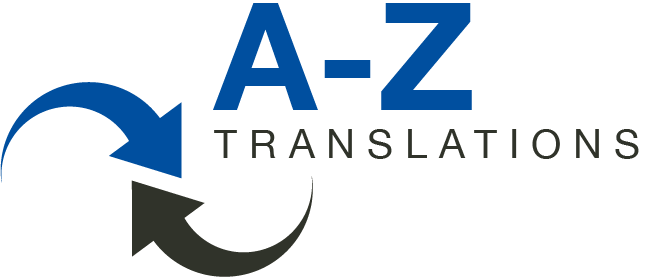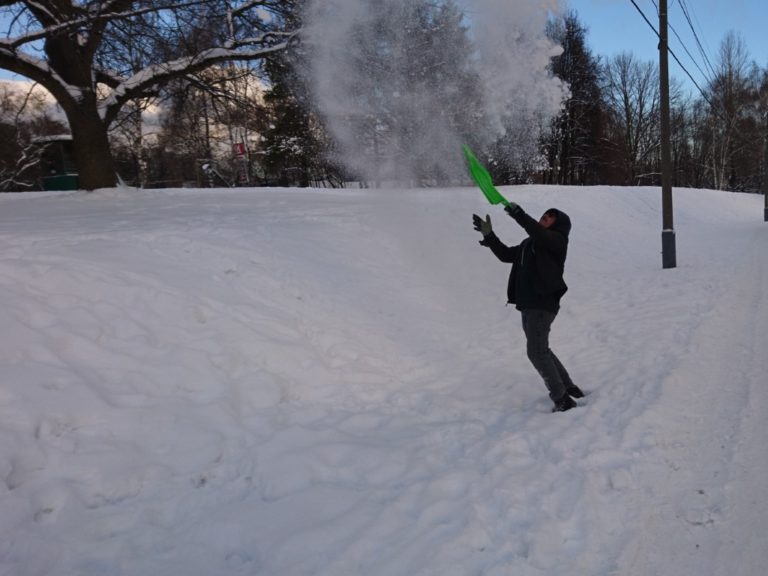Beware of dictionaries
Dictionaries are great tools but rarely solve translation problems completely. That’s hardly surprising, given that ideas can be expressed in many different ways depending on the context. If you think you have found the right word in a dictionary, always check it online and see whether/how it is used in the subject area you are working in. Never just say to yourself: „It was in the dictionary, so it must be right.“
This is something I tell my students over and over, but really, it is just as important to remember if you’ve been in the business for a while.
Especially when we’re in a rush, the temptation to take what the dictionary says at face value can be overwhelming. And in most cases, particularly specialist dictionaries are indeed correct, and it is relatively easy to evaluate, as long as we are specialists in the subject, as well.
But the truth of the matter is that even specialist dictionaries can contain incorrect or insufficient information, so whenever I’m not 100% sure, or different dictionaries say very different things, checking the usage is the way to go.
And of course, asking the client is also always an option. After all, it’s their „baby“, and if they’re active internationally, chances are pretty good that they have glossaries or at least an idea of how they want to have certain terms translated. And that information usually trumps whatever a dictionary says anyway.
This is number 72 of the „101 things a translator needs to know“ compiled by WLF Think Tank. If you haven’t heard of it, go to the website and check it out. I got my copy from Chris Durban herself at a translator’s conference in Berlin a few years ago. It is full of useful, often funny, sometimes familiar, but always sound advice both for beginners and seasoned translators.


